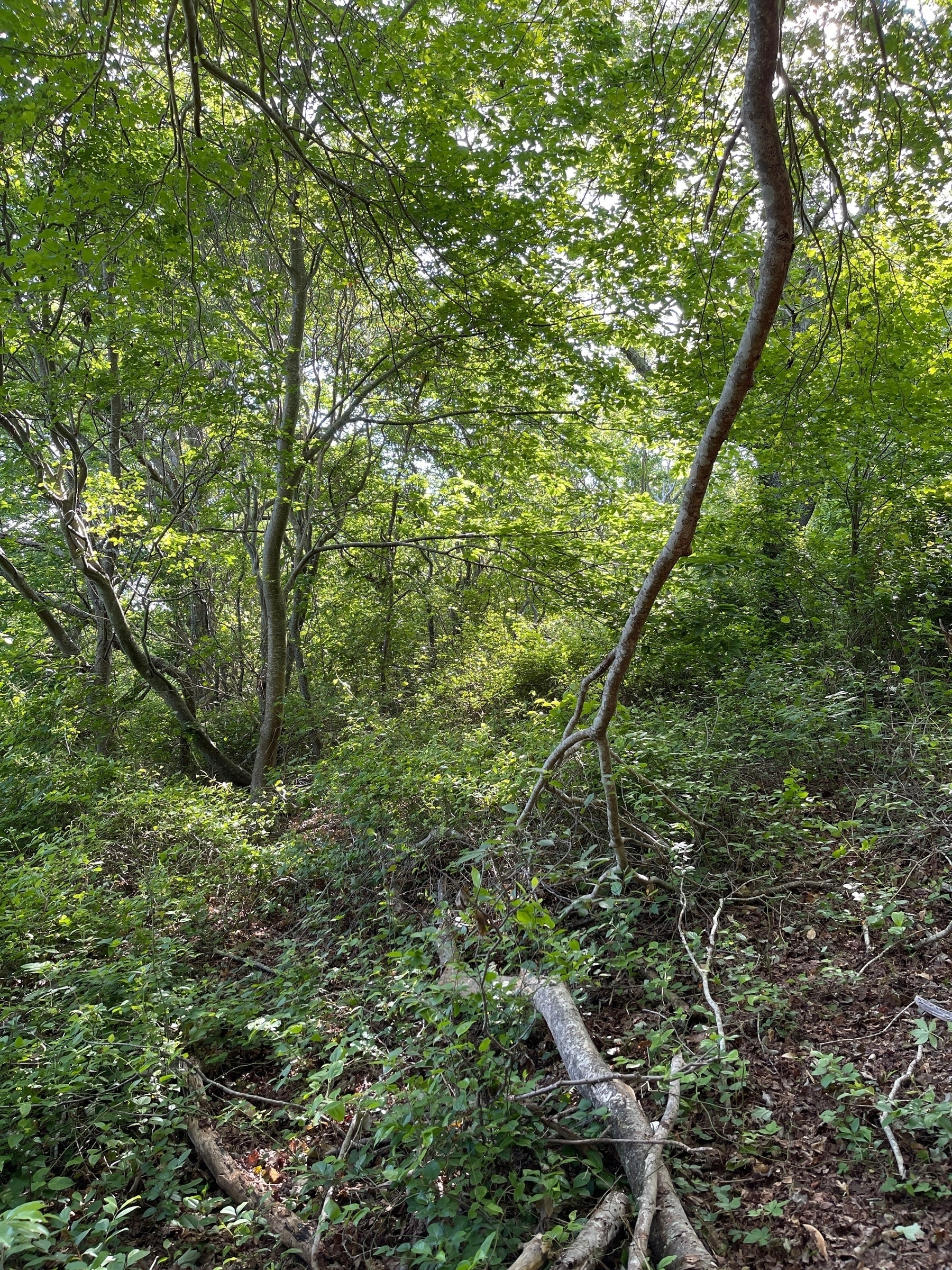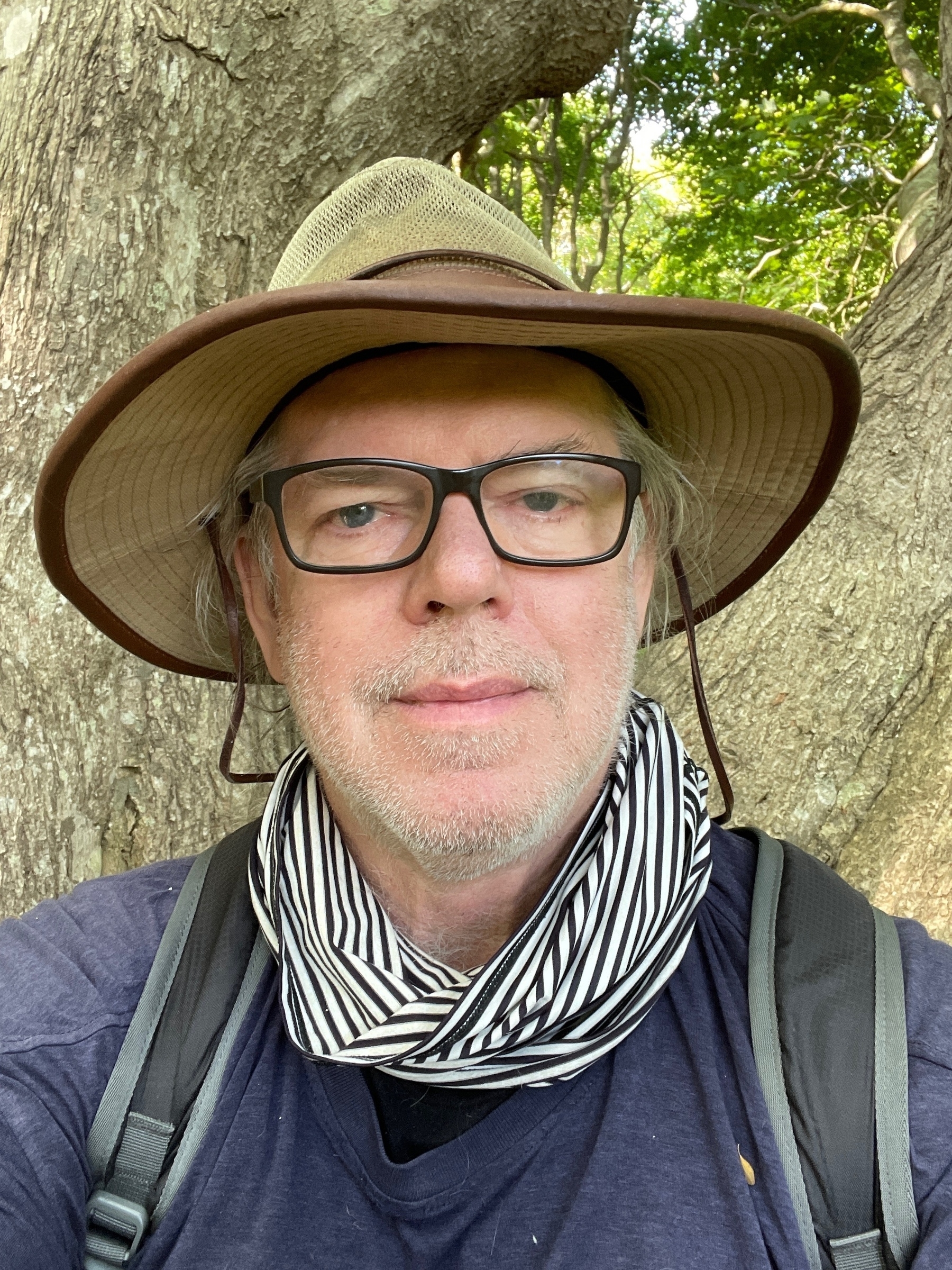This morning I posted three haikus I wrote yesterday on the Beach to Facebook. I described them as “haikus” because I was aware that I had not followed the traditional 5-7-5 syllable format when writing them. I was pretty sure someone would question me on this, and, someone did.
I wasn’t at all surprised because I had been taught, probably in High School, that the proper format for a haiku is five syllables, then seven syllables, then five syllables again. I think most of us in US English classes, at least of a certain era, were taught this.
While on vacation, I Have been making my way through The Essential Haiku: Versions of Basho, Buson and Issa. I noticed that Robert Hass, the translator of the poems and editor of the book, had not rendered the poems in the 5-7-5 format I expected. I figured that rather than hold to syllable structure, which might have forced words that were not the best translation of intent, he had opted for making the cleanest translation rendering the mood and imagery of the poems most accurately. It turns out I figured well, but there was more to it than I thought. More about that in a minute.
Reading Hass’s translations gave me the idea that very brief poems focusing on the exquisite moments of a scene could be successful. I set out to ignore the 5-7-5 rule and focus on capturing the moment.
As I wrote all this to answer the individual who questioned the format on FB, it occurred to me that what constitutes a syllable in Japanese might be somewhat different than what constitutes a syllable in English. I did a search and this very detailed article about the differences popped up. I was right. Expecting Japanese syllables to be the equivalent of English syllables is, as the article put it, like expecting the one Japanese Yen to equal one American dollar. They aren’t and it doesn’t.
Japanese syllables are (almost?) always short and staccattic, whereas english syllables run a gamut of length and intonation. There are all kinds of subtle differences that start to arise as a result. For example, 17 syllables in English can be twice as many words as would be possible in Japanese pursuing the equivalency idea. Japanese Haiku are therefore almost always being more minimal with words than English haiku written to the 5-7-5 standard. For that reason, poets writing Haiku in English often don’t stick to it. It is also the reason why trying to preserve 5-7-5 structure in an English translation of a Japanese haiku is probably not the best way to go.
There are other fascinating nuances arising from the differences, making it counterproductive to try to adhere to 5-7-5 in english. You can read about them in the referenced article.
One other thing I learned about Japanese vs. English haiku that I might actually start to emulate. The arrangement of haiku into three separate lines is a western convention. The Japanese write it all on one line.


